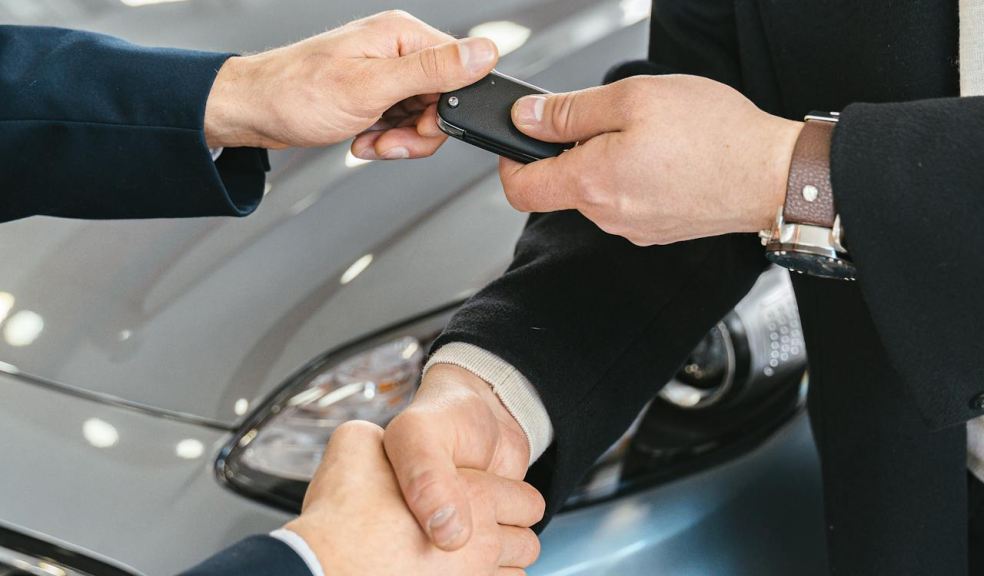
Is Hire Purchase the Right Car Finance Option for You? Pros and Cons
When you buy a car, deciding how to finance it is a big decision. Hire purchase (HP) is the standout option if you’re looking for a simple payment plan. Is it the best fit for you? In this article, we will look at the pros and cons of hire purchase to help you decide if it is the financing method that will suit your financial goals and lifestyle.
Hire Purchase Finance – The Benefits
One of the big advantages of hire purchase finance is that it is flexible. Also, the fixed nature of the repayments is easy to budget for. And by the end of the contract, you will own the car without any further fees.
When you have hire purchase finance with CarMoney, you don’t have to pay a huge upfront payment, and the cost of the car is spread over several years to help you manage your cash flow. CarMoney also comes with competitive rates and clear terms that help you take one more step to owning your vehicle without surprises.
Ownership at the End of the Contract
One of the main benefits of a hire purchase contract is that the car is yours after the contract expires. HP stands apart from other financing options such as leasing or personal contract purchase (PCP) due to its ownership assurance. Unlike a lease, you aren’t limited by mileage or the condition of the car at the end of the agreement. Many buyers prize having complete control of their vehicle after they’ve paid for it.
Fixed Monthly Payments
The predictability of hire purchase offers is one of its most appealing features. It’s easy to budget your money with fixed monthly installments, so you don’t have to worry about fluctuating interest rates or balloon payments. This structured approach is especially helpful for people who like financial security. Unlike some other financing options, like PCP, you won’t have to pay a big chunk at the end of the term if you want to own the car. After the payments are done, the car is yours.
Flexible Terms and Deposits
Hire purchase agreements are available on a variety of budgets and needs. The more you can afford to pay upfront as a deposit, the less you will pay each month, and vice versa. Finally, you also have the option of picking the length of the term, usually from 12 to 60 months, depending on how fast you’d like to pay off the car. This means that a large number of buyers are able to find a hire purchase plan that fits their financial situation.
Higher Overall Costs
However, hire purchase may not be the most cost effective long term option. HP can also work out more expensive than buying a car outright or using PCP. For example, since interest is charged on the full price of the vehicle, you could end up paying more than the car’s value over the life of the contract. In addition, your credit rating will determine how high your interest rate can be, which means if your credit history isn’t too good, you could have to pay more each month.
No Early Exit Without Penalties
A drawback of hire purchase is that if you need to get out of the agreement early, the financing is not flexible. The penalties for terminating the contract before it ends are steep, and you won’t own the car unless you’ve paid off a chunk of the balance. The problem with this rigidity is that if your financial situation changes and you no longer can afford the monthly payments, you will likely default on your payments. Whereas with leasing or PCP, you have more freedom to change cars or end a contract if a key condition is met.
Hire Purchase—Is It Right for You?
Hire purchase offers vehicle ownership without the hassle of lump sum payments or lease restrictions. However, the increased overall expense and the lack of flexibility in case circumstances change must be considered. If you like fixed payments and certainty of ownership of the car, then hire purchase may be exactly what you need. However, it’s important to consider the pros and cons of using hire purchase finance against your financial situation.











